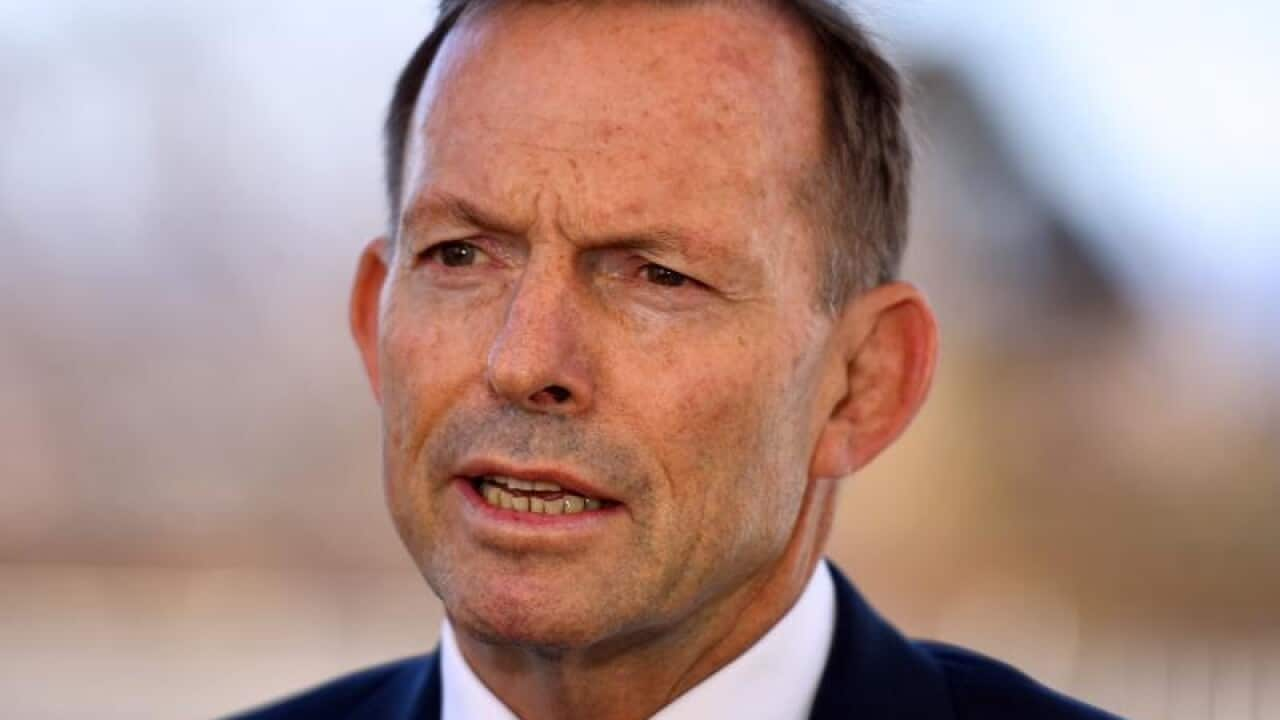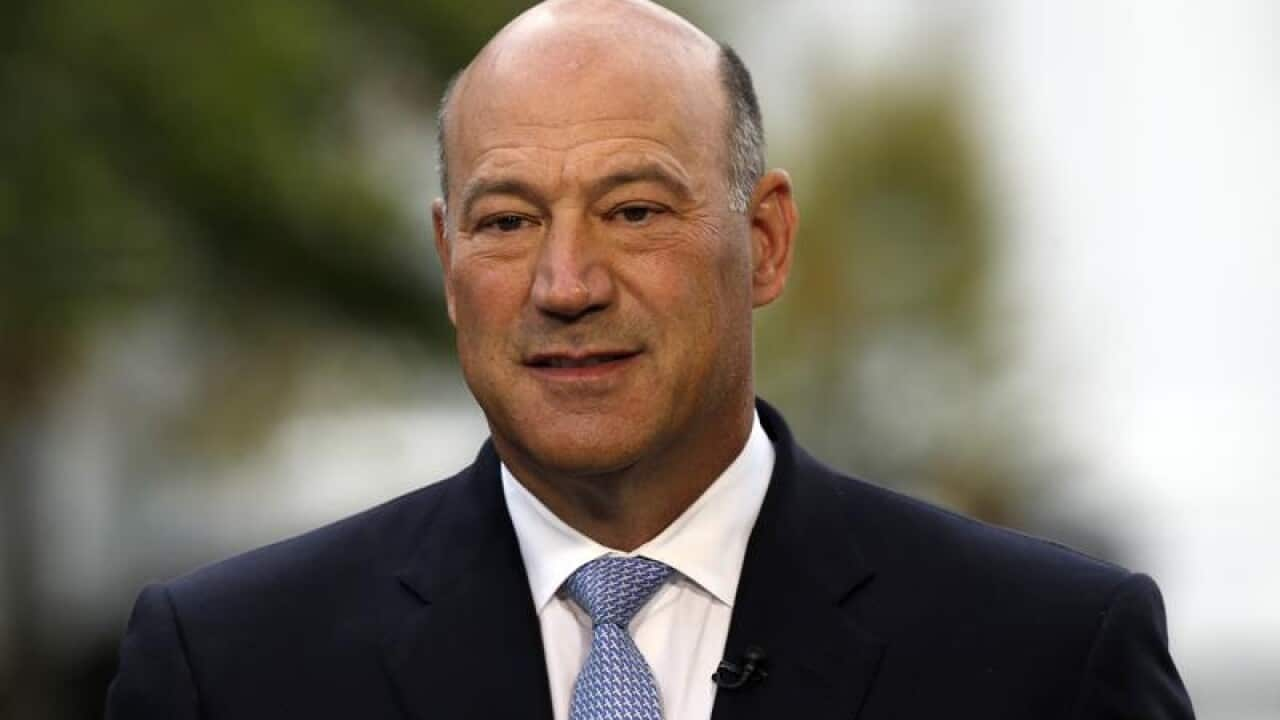The head of the US Environmental Protection Agency said Monday that President Donald Trump's administration will move to repeal his predecessor Barack Obama's plan to restrict greenhouse gas emissions.
Speaking in Kentucky at a political event attended by coal miners, EPA chief Scott Pruitt said he would Tuesday "be signing a proposed rule to withdraw the so-called Clean Power Plan of the past administration."
The Clean Power Plan sought to reduce carbon emissions in the United States from power plants for the first time -- in line with commitments taken by the Obama administration under the Paris Climate Agreement, from which Trump has declared his intention to withdraw.
"The war against coal is over," said Pruitt, claiming that the rule, enacted in 2015, "was about picking winners and losers."
"The past administration was using every bit of power and authority to use the EPA to pick winners and losers and how we generate electricity in this country. That's wrong."
RELATED READING

Abbott calling the shots on energy: Labor
Pruitt, a 49-year-old Republican, is a known fossil-fuel ally, and repeatedly sued the EPA when he was Oklahoma's state attorney general.
He is also a skeptic of climate change, and said earlier this year that he believes carbon dioxide is not a primary contributor to global warming.
Environmental groups were critical of the move.
"With this news, Donald Trump and Scott Pruitt will go down in infamy for launching one of the most egregious attacks ever on public health, our climate, and the safety of every community in the United States," said Sierra Club executive director Michael Brune.
"The damage caused by Trump's willful ignorance will now have myriads of human faces, because he's proposing to throw out a plan that would prevent thousands of premature deaths and tens of thousands of childhood asthma attacks every year."
Ken Kimmell, president of the Union of Concerned Scientists, called Pruitt's proposal to repeal the plan "irrevocably tainted by a conflict of interest" because Pruitt himself had challenged the Clean Power Plan in court as attorney general of Oklahoma.
"Mr. Pruitt has now participated in this issue as lawyer for one side, then as the judge and jury at EPA, and now as the executioner of the Clean Power Plan," he said.
"Instead of addressing one of the most significant problems facing mankind, the administration thumbed its nose at science, and now at the law."
RELATED READING

US still quitting Paris climate deal
Campaign promise
President Trump, who made repealing regulations a centerpiece of his campaign, issued an executive order in March to block the Clean Power Plan.
Trump's order called on the EPA to review the plan to determine whether it overstepped the authority of government when it called for stricter emissions limits.
In a 43-page document called "Repeal of Carbon Pollution Emission Guidelines for Existing Stationary Sources," the agency subsequently it would appeal for public input on how to cut emissions from power plants.
But the EPA has not, as was widely expected, issued a revised, weaker version of the Clean Power Plan.
Under Obama, the plan was designed to reduce US national electricity sector emissions by an estimated 32 percent below 2005 levels by 2030.
Prior to the finalization of the rules in August 2015, power plants -- which account for nearly 40 percent of carbon emissions -- "were allowed to dump unlimited amounts of carbon pollution into the atmosphere," said the Union of Concerned Scientists in a statement.
"No rules were in effect that limited their emissions of carbon dioxide, the primary driver of global warming."
The standards were developed under an act of Congress, called the Clean Air Act.
The EPA, under Obama, said it would result in annual climate benefits of $20 billion and annual health benefits of between $14 and $34 billion -- and would reduce the average consumer's electricity bill by $85 per year over the course of the next decade.
However, the Clean Power Plan has essentially been on hold since February 2016, when the US Supreme Court halted its implementation until courts could decide whether it was legally valid.









